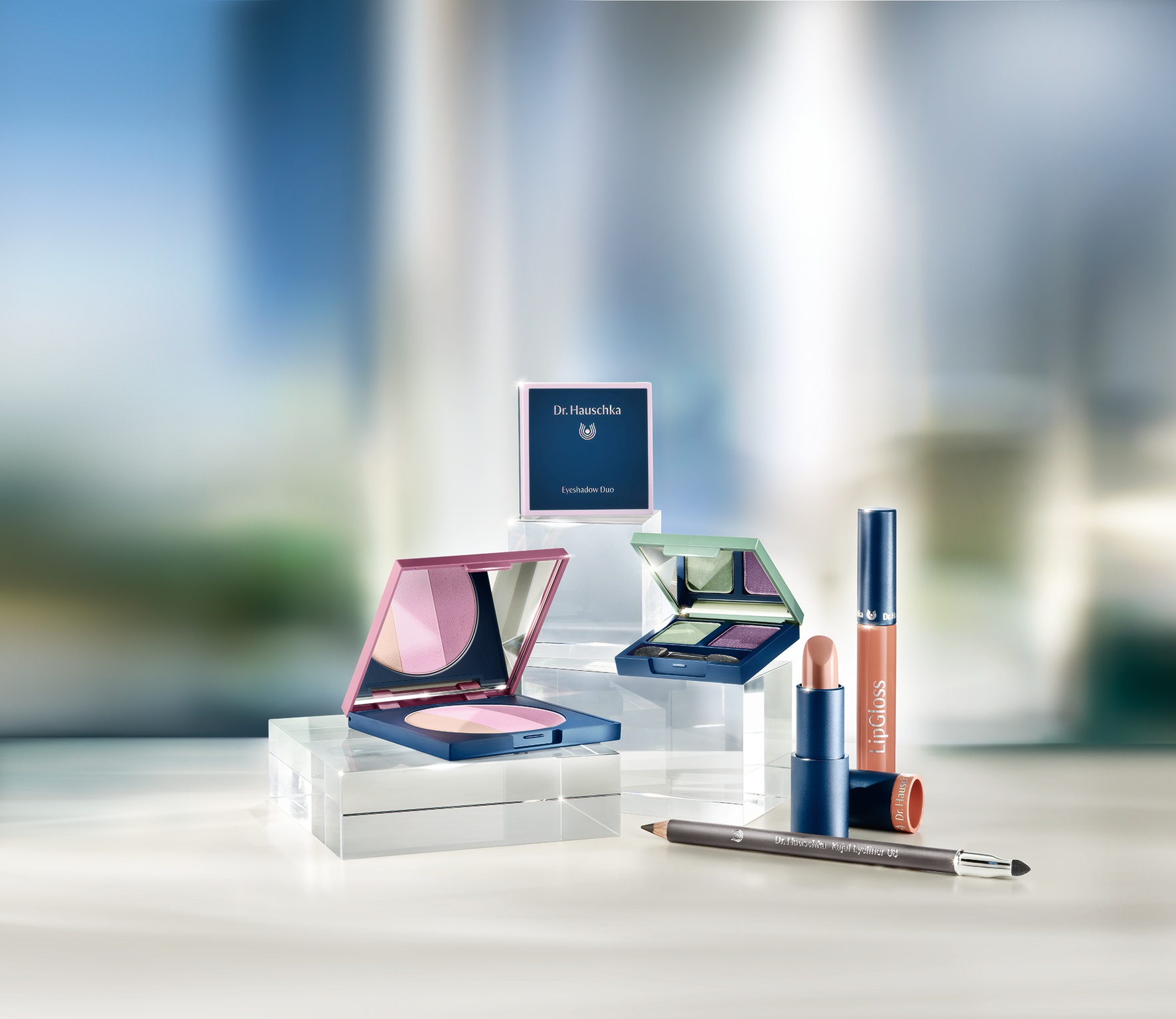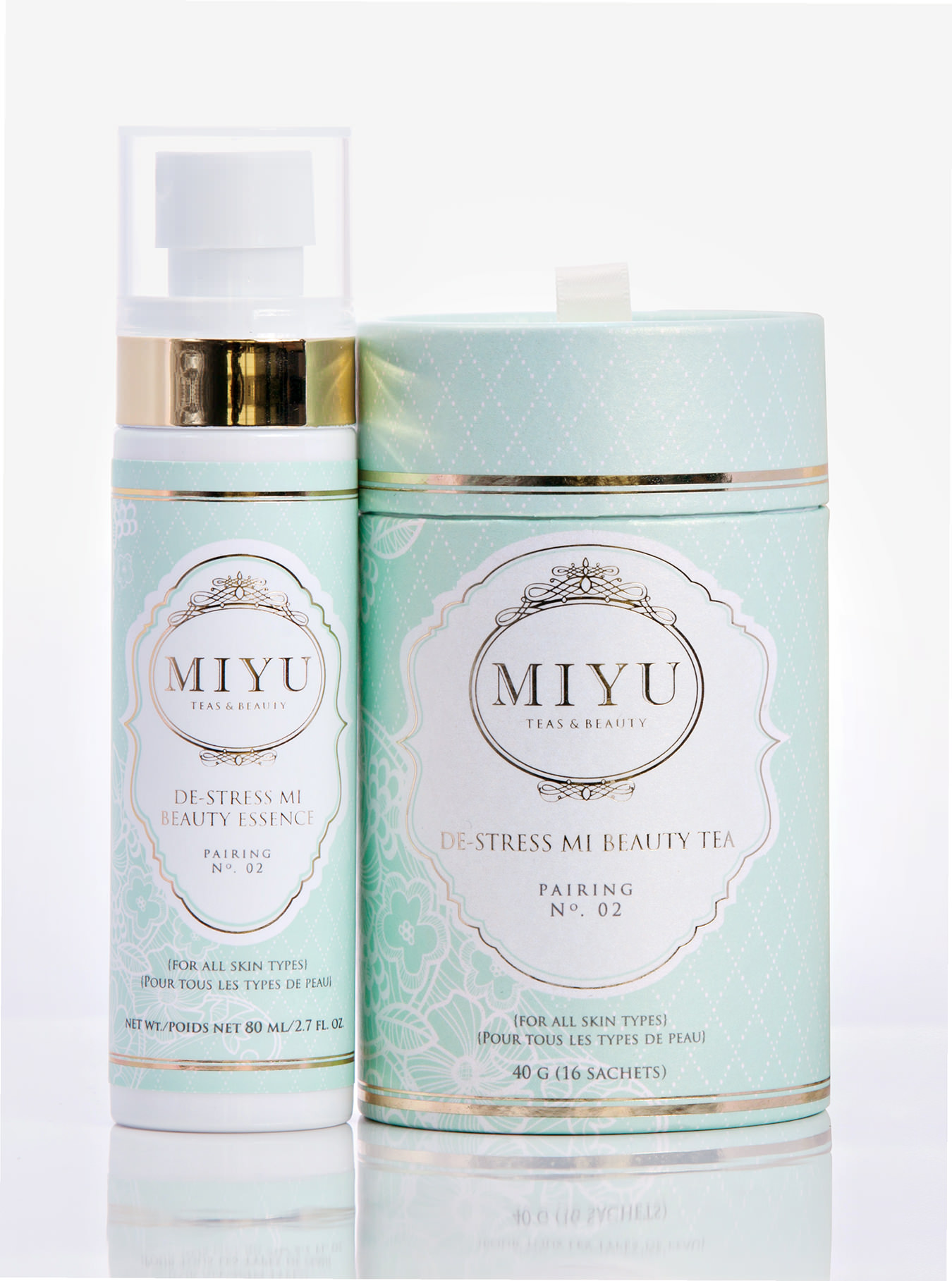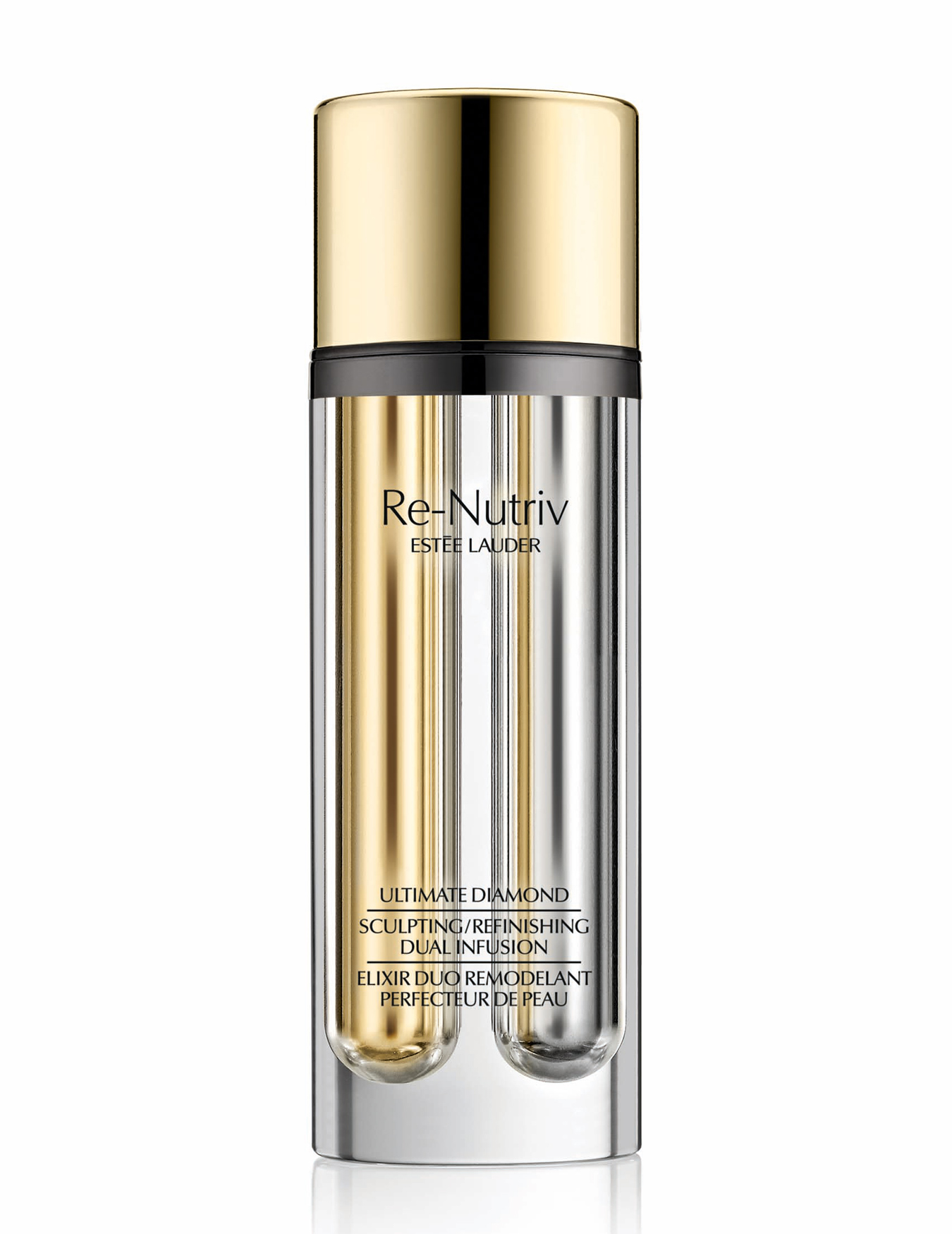Bringing the Spirit of Korean Bathhouse Culture to Canada
Meet Binu Binu.
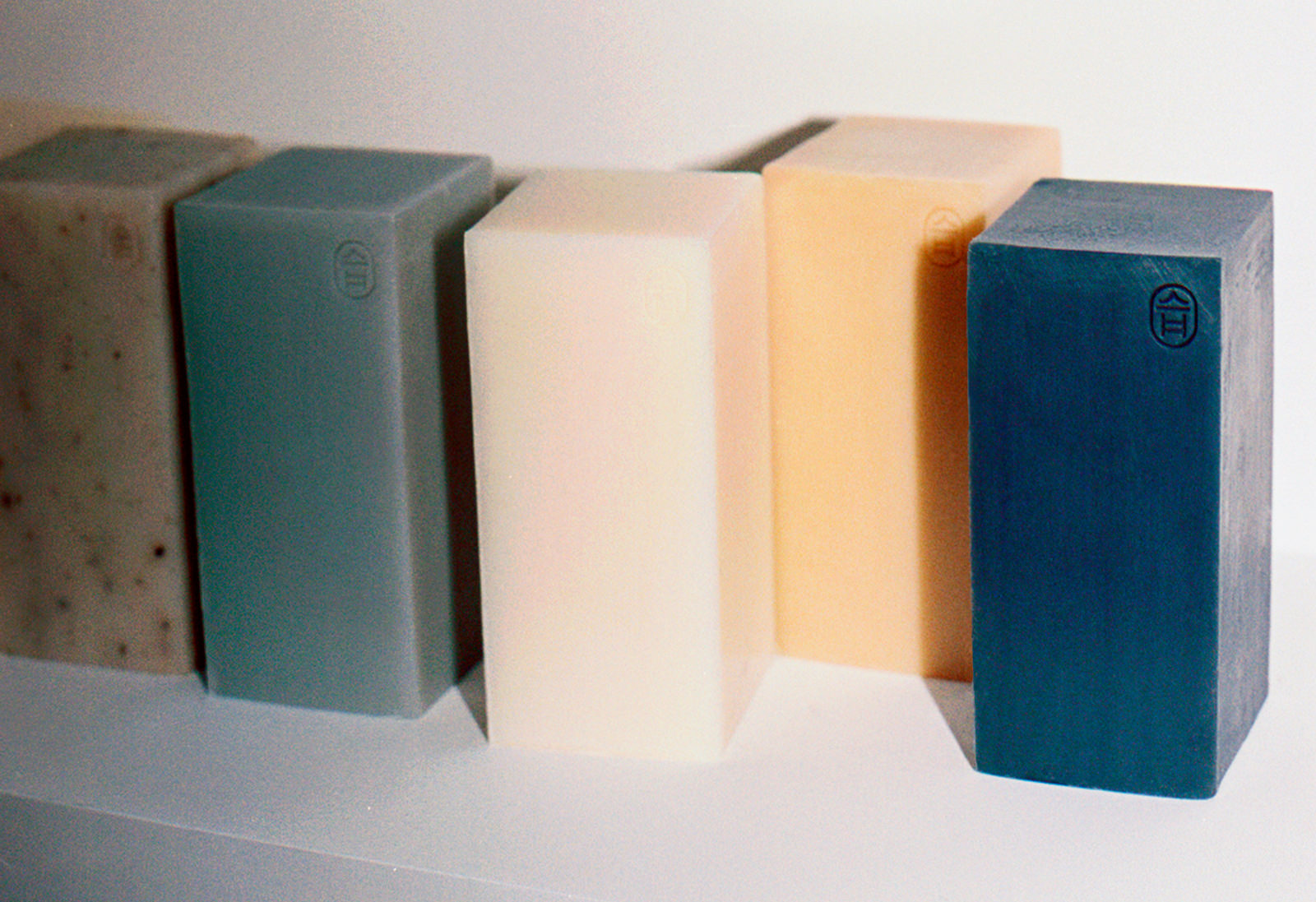
Photo by Adrianna Glaviano
When Karen Kim first stepped into a bathhouse in Korea, she was with her mother and sisters, each carrying a bucket, washcloth, and a bar of soap. Taking part in a centuries-old tradition of communal bathing emphasized the intergenerational bonds of the women in her family, and the intimacy and care she describes transcends the self. That relaxation and enjoyment of the daily act is what Kim recreates with her Toronto-based lifestyle brand, Binu Binu: offerings of soaps, incense, and design-forward home objects. (Binu is soap in Korean.)
Kim has created a brand steeped in historical references, direct and subtle, including traditional incense holders inspired by Korean roof tiles, packaging using baekji (symbolic white paper in shamanic ceremonies) and hanji-style paper, traditionally used for calligraphy. A popular soap pays homage to the Haenyeo divers of Jeju Island in South Korea, whose livelihood is diving for seafood daily without a breathing apparatus.
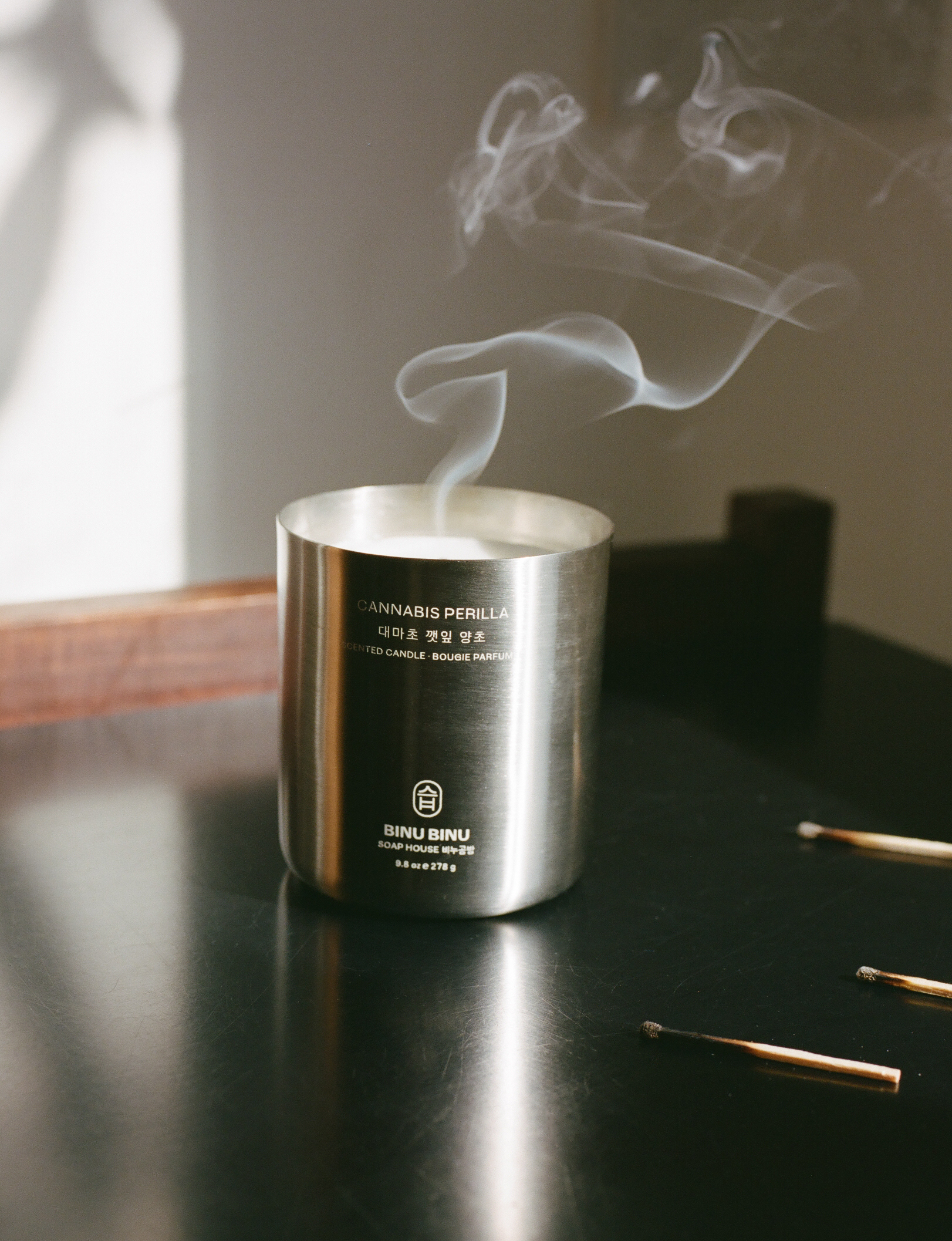
Photo by Polly Brown
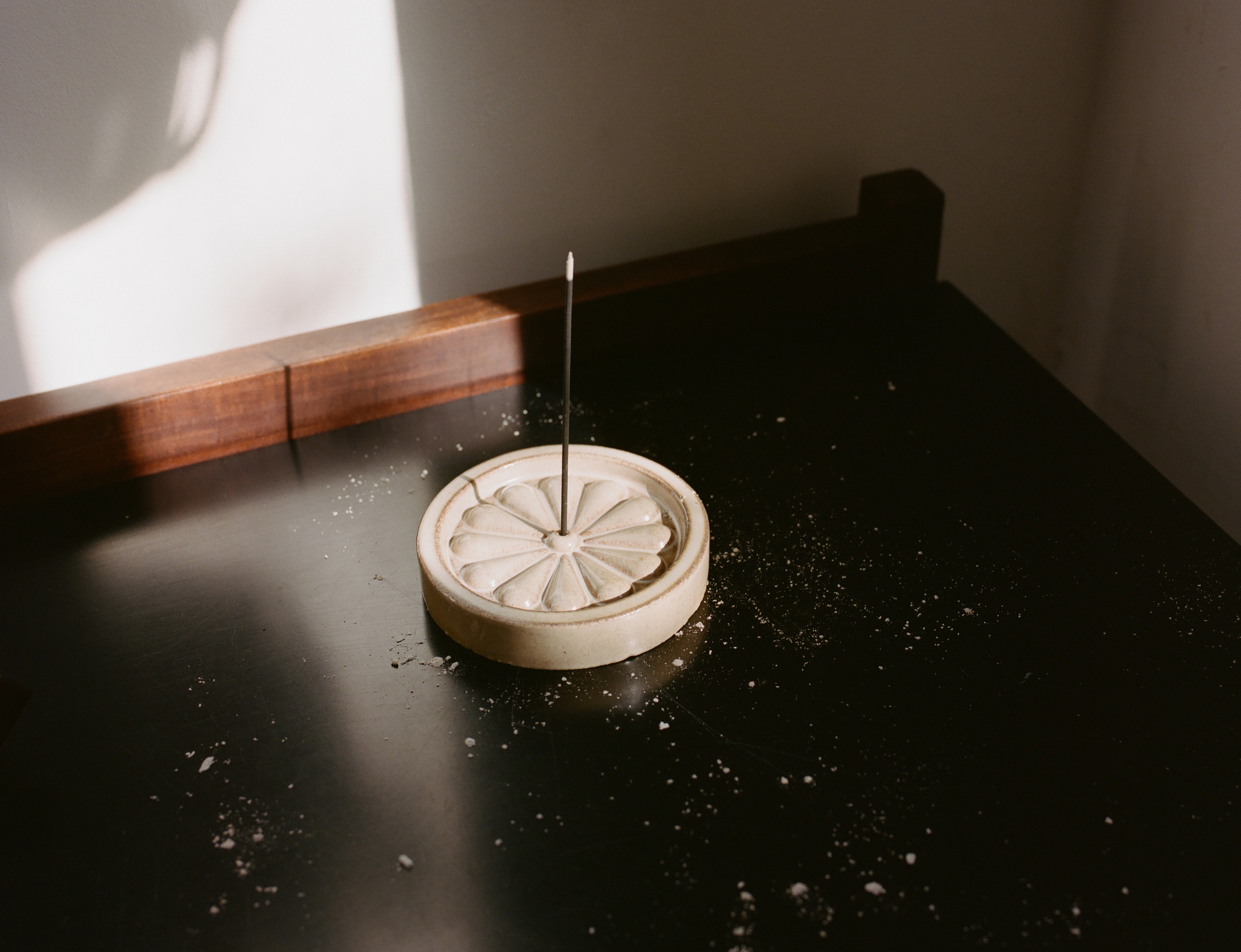
Photo by Polly Brown
“The canola flower represents Jeju, growing there in winter through spring. It grows even in barren soil, which I like—the idea of beauty and resilience despite the circumstances,” Kim says. Binu Binu soaps have a base of the oil derived from the yellow flower, avoiding the use of palm oil, which is linked to deforestation. Other natural ingredients tie in with aspects of Korean culture, such as black sesame seed, sandalwood, mountain clay, eucalyptus, black rice milk, and sea salt.
Kim believes that it is our nature to connect through storytelling with what came before us. “It’s like an internal longing for a home that isn’t home. So a lot of my work with Binu Binu is rooted in that longing, that searching for connection to a home and culture that is far away.” She says, for example, that although a candle can smell nice and that’s its purpose, to create a scent from memory or mood, in a Korean reliquary-inspired vessel, for example, adds a whole new meaning.
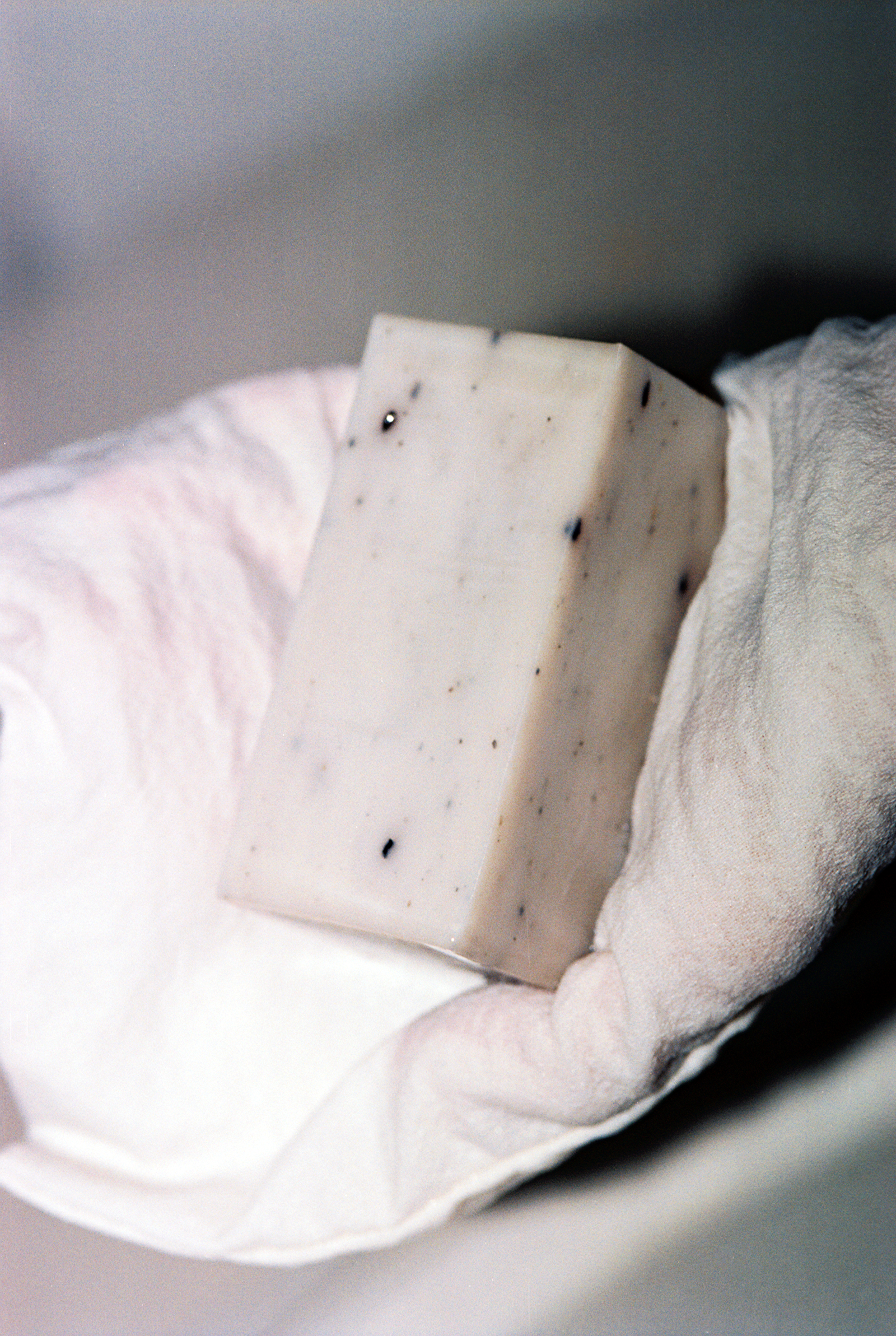
Photo by Adrianna Glaviano
Bar soap symbolizes the essence of Korean bathhouse culture for Kim, the pared-back, simple, daily routine, including the walk to the bathhouse. Binu Binu aims to bring the traditional ritual into the home.
For Kim, Binu Binu represents a cultural touchstone, “as a concept of a Korean bathhouse and what it represents in my mind: a place we create for us. There is the idea of a safe space for women to gather without being subjected to the male gaze. Where women of all ages have worth. A place that doesn’t centre on Eurocentric beauty ideals.”

